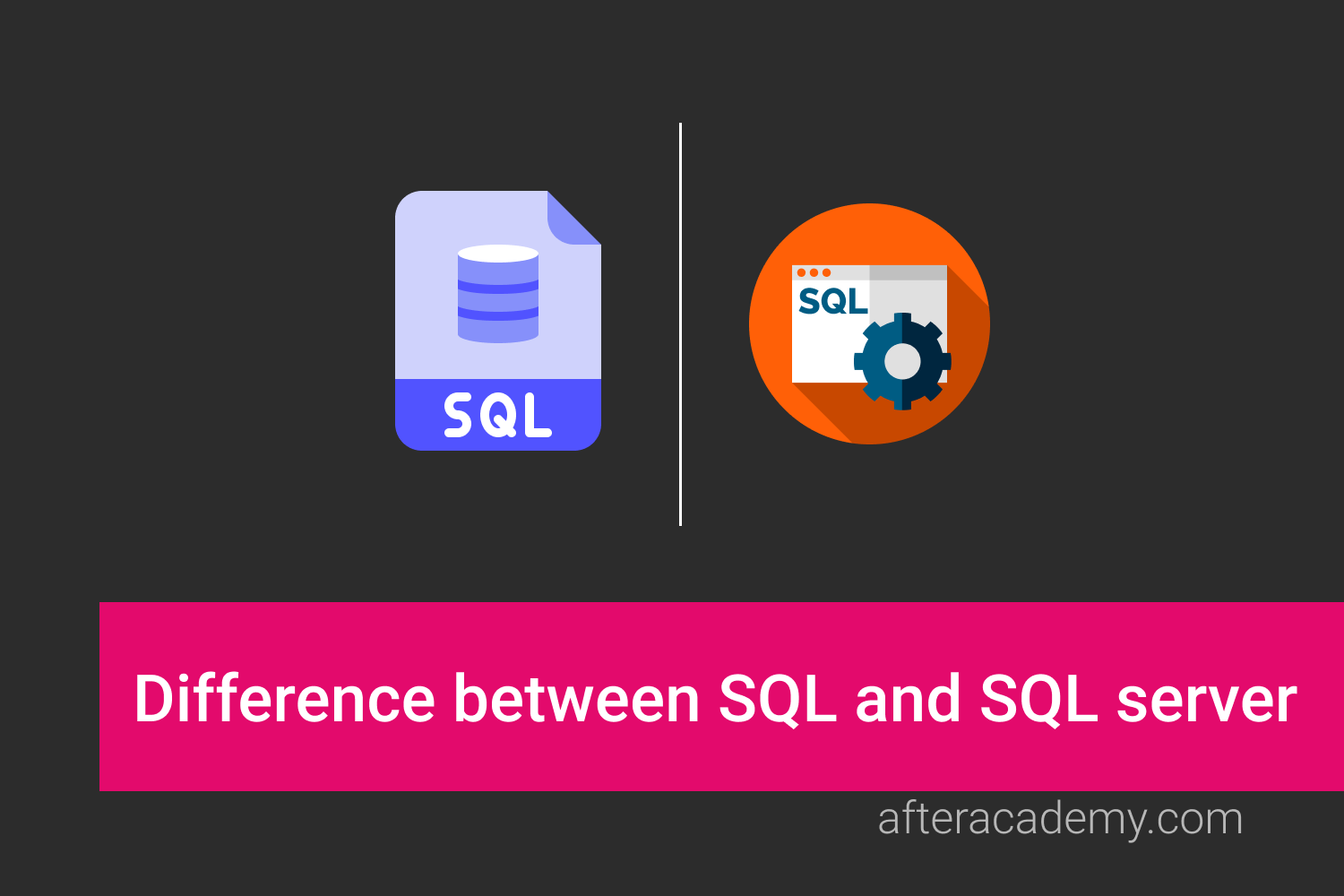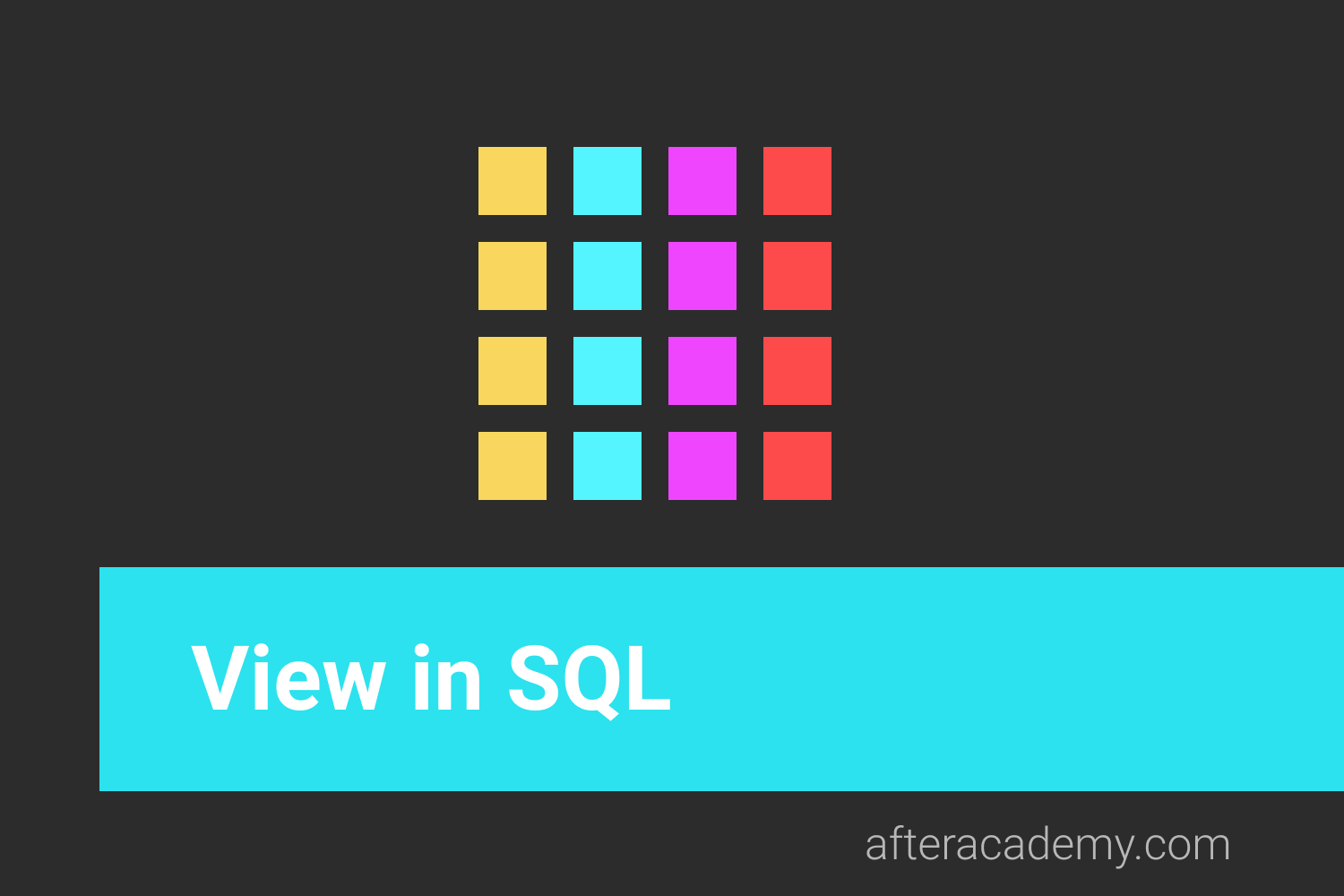What is an embedded and dynamic SQL?
AfterAcademy Tech
•
19 Jan 2020

SQL queries can be of two types i.e. embedded or static SQL and dynamic SQL. So, in this blog, we will be learning about these two types of SQL statements.
Embedded / Static SQL
Embedded or Static SQL is those SQL statements that are fixed and can't be changed at runtime in an application. These statements are compiled at the compile-time only. The benefit of using this statement is that you know the path of execution of statements because you have the SQL statements with you, so you can optimize your SQL query and can execute the query in the best and fastest possible way. The way of accessing the data is predefined and these static SQL statements are generally used on those databases that are uniformly distributed.
These statements are hardcoded in the application, so if you want to build some application in which you need some dynamic or run-time SQL statements, then you should use the Dynamic SQL statement.
Dynamic SQL
Dynamic SQL statements are those SQL statements that are created or executed at the run-time. The users can execute their own query in some application. These statements are compiled at the run-time. These kinds of SQL statements are used where there is a non-uniformity in the data stored in the database. It is more flexible as compared to the static SQL and can be used in some flexible applications.
Since the compilation is done at run-time, the system will know how to access the database at run-time only. So, no proper planning for execution and optimization can be done previously. This will reduce the performance of the system. Also, if you are taking the database query from the user at run-time, then there are possibilities that the users might enter some wrong queries and this is very dangerous because here you are dealing with lots and lots of data.
Conclusion
If you want to make a flexible application then you can use dynamic SQL, but make sure that your users are professionals and trained. Otherwise, you should go for static or embedded SQL. This is more efficient as compared to the dynamic SQL.
That's it for this blog.
Do share this blog with your friends to spread the knowledge. Visit our YouTube channel for more content. You can read more blogs from here.
Keep Learning 🙂
Team AfterAcademy!
Written by AfterAcademy Tech
Share this article and spread the knowledge
Read Similar Articles
AfterAcademy Tech
What is the difference between SQL and SQL server?
In this blog, we will learn about the various differences between SQL and SQL server based on some points.

AfterAcademy Tech
What is SQL?
In this blog, we will learn about SQL. We will see the definition of SQL and various processes that are involved in the query processing of some SQL query.

AfterAcademy Tech
What is View in SQL?
In this blog, we will learn about the view or virtual tables in SQL. We will also discuss various operations we can perform on views in SQL.

AfterAcademy Tech
Idea of Dynamic Programming
Dynamic Programming is one of the most commonly used approach of problem-solving during coding interviews. We will discuss how can we approach to a problem using Dynamic Programming and also discuss the concept of Time-Memory Trade-Off.
